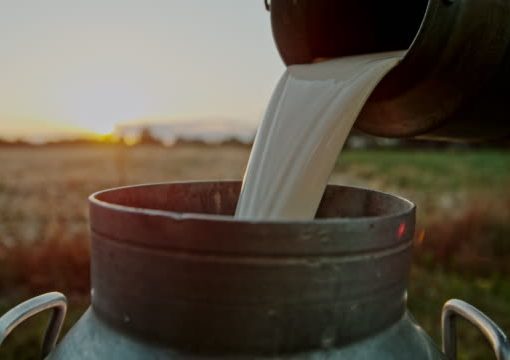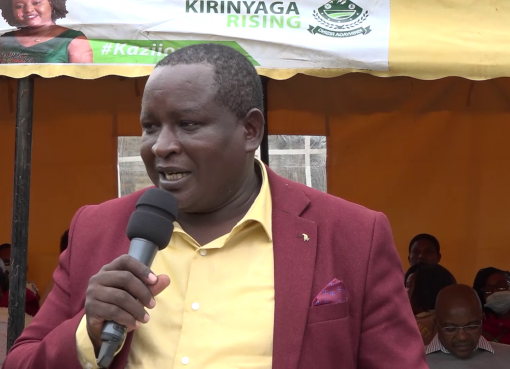Illegal charcoal production and sale is thriving in Kitui County despite an existing ban to safeguard the county’s dwindling forest cover that is a paltry 7% below the national target of 10%.
Rural communities in Kitui County depend on agriculture for their livelihoods, with charcoal production being an additional strategy to secure income in the dry season.
According to Kitui County Ecosystem Conservator Joyce Nthuku, charcoal production is largely indiscriminate and the danger is that loggers prefer trees that take decades to mature yet there are no efforts to replenish the environment after the wanton destruction.
Speaking on Thursday in Kitui, Nthuku notes that without alternative means of livelihoods, people tend to ignore the ban and engage in illicit charcoal production and trade rather than complying with formal processes to control production or improve production methods.
Nthuku lamented that increased demand for charcoal is linked to unsustainable production since the ban was enforced.
‘The links between charcoal and forest and land degradation are complex, with charcoal production often a by-product of other activities such as clearing land for agriculture,’ noted the Ecosystem Conservator.
‘Unsustainable charcoal production will lead to serious land use changes, especially dryland forest and woodland degradation,’ she said.
Nthuku says that making the charcoal sector more sustainable will require more efficient charcoal production technologies, improved forest and resource management plans and effective governance through environmental assessments, production licenses and movement permits.
Over the years, the officer noted, the demand for charcoal has increased due to a combination of rapid population growth, urbanisation and the increasing cost of alternative fuels.
These alternatives include electricity and liquefied gas, however, energy activists say that these are the preserve of high-income households only, whereas charcoal is a main cooking fuel for both rural and urban households across all income levels.
Nthuku decried the wanton destruction of many water catchment areas saying that communities no longer cared about environmental conservation which was the source of their livelihoods and that of the future generations.
‘Deforestation, degradation and encroachment of water towers and other catchment areas, uncontrolled human activities including wanton logging have threatened and undermined the county’s capability to ensure food security,’ she said.
‘Environment is the bedrock of the Government’s Big Four Agenda. It is the foundation upon which they hung. We need to ensure that the constitutional minimum 10% forest cover is achieved by 2020,’ says Kitui Central Deputy County Commissioner Josephine Kihara.
“As the primary source of fuel for rural households, wood fuel has a major impact on the sustainable development of Kitui. The lack of efforts with reforestation, unsustainable harvesting, and on-farm planting of wood lots, have often led to soil degradation and deforestation,” Kihara said.
In a Gazette notice of January 16, 2018, Kitui Governor Charity Ngilu banned the sale and transport of charcoal and sand in the county.
It read: “Due to public outcry over unsustainable exploitation of natural resources, the public is notified with immediate effect that the governor has banned transportation and sale of charcoal and sand outside the county and revoked all licenses, permits and any other documentation.”
Since the year began, Kihara disclosed that Kitui recorded nine arrests of illegal charcoal transporters.
‘These were charged in court and fined between Sh 20,000 and Sh 50,000 while two cases are pending before Kyuso Law Court,’ says the DCC, adding that Covid-19 has restricted the conduct of public sensitization and awareness barazas.
‘There were times when charcoal related cases were considered as petty cases but not anymore. Kitui and Mwingi GK Prisons has worsened the situation by shutting its doors from new convicts,’ she added.
By Yobesh Onwong’a



